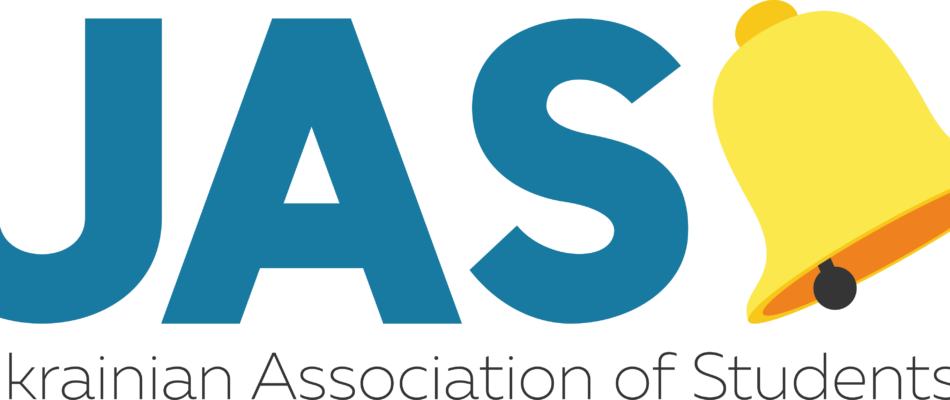
Pandemic Elections: As experienced by Ukrainian Higher Educational Institutions
The COVID-19 pandemic student self-government bodies across Ukraine were met with a complication of electing officials into self-government posts in their respective universities. This article presents cases of applying technology to facilitate such elections.
An excellent case to highlight would be an election in ‘’Ostrog Academy’’. After studying various possibilities of facilitating online elections, the student self-government decided to pass amendments to electoral provisions. The electoral commission worked in two modes – online and typically, in self-government chambers.
A dedicated website was created to facilitate online elections. A student would need to verify him or herself via a corporate email and the student’s card number to vote. The student was redirected to the voting page, which was encrypted to ensure electoral privacy.
After the elections concluded, an additional voters verification took place to ensure the validity of votes.
Ukrainian National Aviation University lacked self-government elections for quite some time. It so happened that no elections took place there for an entire two year period, leading to heads of self-government of the time being illegitimate. To solve this, students organised a commission, which legalised the University Students Conference. The Conference declared the elections. These were facilitated using Google Classroom. Considering that the Aviation University students all have corporate e-mails, the electorates were using them as a verification method. These corporate e-mails ensured the voters’ verification and the legitimacy of the elections. For those students who stayed on campus, regular electorates were set up.
In Kyiv National Economics University, local self-government used the Aviation University’s experience to set up their election. The university lacked a legitimate head of self-government for nine months. The students there, however, lacked corporate e-mails. Thus, the electoral commission manually verified each student’s e-mail and individual student tickets. Then, each student received an invitation to vote, and, following the link provided, they would vote. However, more than five hundred people did not vote in the end.
The National Food Technologies University, too, has experience in online elections. However, the University had organised the election of student delegates to participate in rectoral elections, though online, it was only on February twenty-fifth that the local heads of self-government were elected. It is important to note that the elections to students councils of faculties and the university and the campus council were facilitated fully through the Moodle platform. The voting lasted for twenty-four hours, although, even considering them being online, the presence of students was not maximal.
All the previous experiences culminated in Ukraine’s first electronic elections using collective or corporate e-mails, students’ tickets, and the subsequent election of legitimate student self-government bodies. Electoral commissions in every institution mentioned did their best to foresee all possible risks and ensure an unbiased voting process. This experience of facilitation of electronic elections is, indeed, quite valuable and can be used as an example for setting up elections in any of Ukraine’s higher educational institutions.
